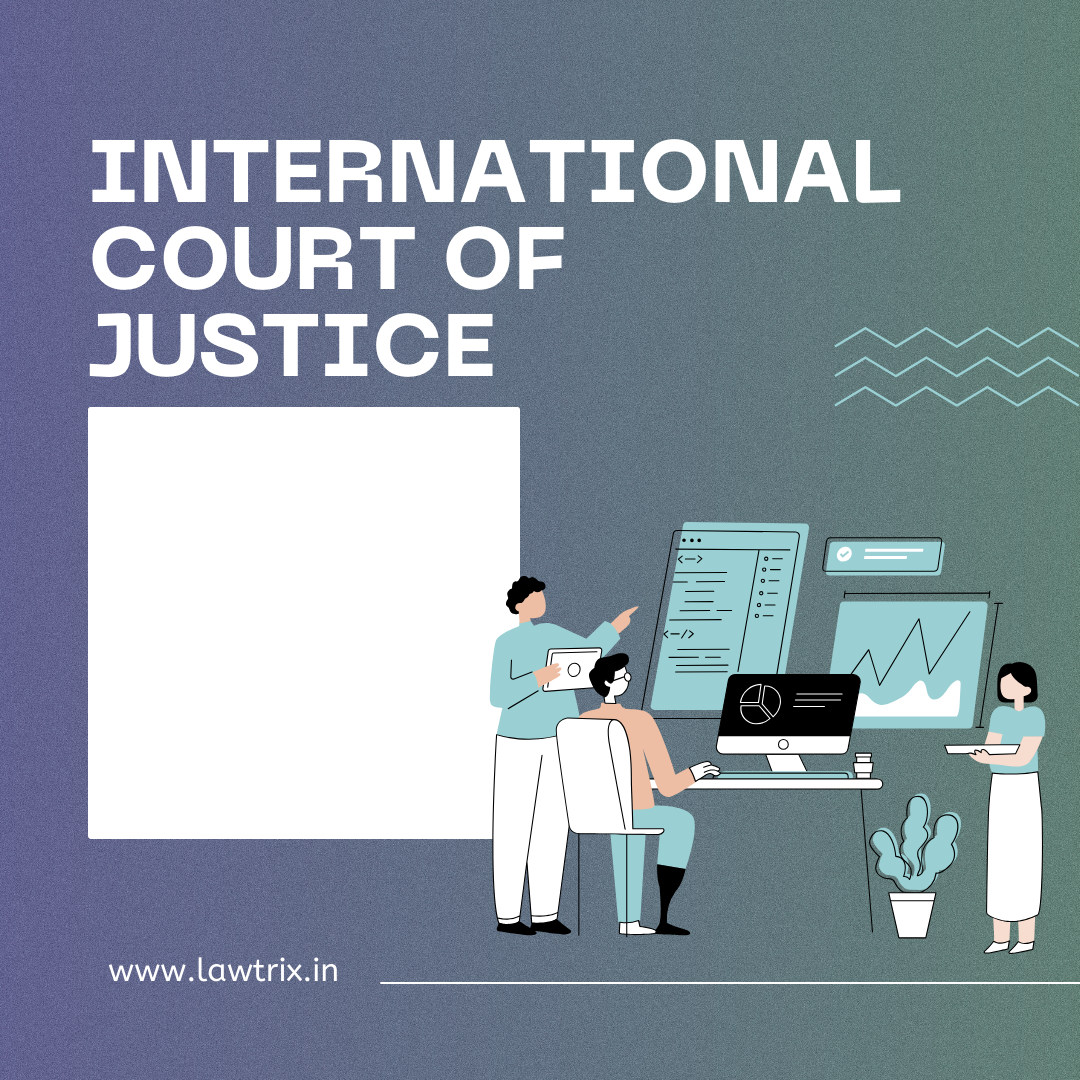


The International Court of Justice is the only international court that adjudicates general disputes between nations, and gives advisory opinions on international legal issues. It is one of the six organs of the United Nations (UN), and is headquartered in The Hague, Netherlands. The ICJ's primary function is to settle legal disputes between states and give advisory opinions on legal questions referred to it by the UN General Assembly, the UN Security Council, and other UN specialized agencies and related organizations.
The ICJ is the successor of the Permanent Court of International Justice (PCIJ), which was established in 1920 by the League of Nations. After the Second World War, the League and the PCIJ were replaced by the United Nations and ICJ, respectively. The Statute of the ICJ, which sets forth its purpose and structure, draws heavily from that of its predecessor, whose decisions remain valid. All member states of the UN are party to the ICJ Statute and may initiate contentious legal cases; however, advisory proceedings may be submitted only by certain UN organs and agencies.
The ICJ consists of a panel of 15 judges elected by the UN General Assembly and Security Council for nine-year terms. No more than one judge of each nationality may be represented on court at the same time, and judges collectively must reflect the principal civilizations and legal systems of the world. Seated in the Peace Palace in The Hague, Netherlands, the ICJ is the only principal UN organ not located in New York City. Its official working languages are English and French.
The International Court of Justice (ICJ) is the principal judicial organ of the United Nations (UN). It was established in 1945 and is headquartered in The Hague, Netherlands. The ICJ's primary function is to settle legal disputes between states and give advisory opinions on legal questions referred to it by the UN General Assembly, the UN Security Council, and other UN specialized agencies and related organizations.
Key features of the International Court of Justice include:
Jurisdiction: The ICJ has jurisdiction to hear cases brought by states and can issue binding judgments. States must consent to the court's jurisdiction, either by submitting a specific case or through a general acceptance of the court's jurisdiction.
Advisory Opinions: In addition to contentious cases, the ICJ can provide advisory opinions on legal questions referred to it by UN bodies and specialized agencies. These opinions are not binding but carry significant weight in legal and diplomatic circles.
Composition: The ICJ consists of 15 judges who are elected by the UN General Assembly and the Security Council. Judges serve nine-year terms and may be re-elected.
Principles of International Law: The court applies principles of international law to resolve disputes. Its decisions are based on international treaties, customary international law, general principles of law, and judicial decisions and teachings.
Procedures: The ICJ follows specific procedures for the presentation of cases, including written pleadings, oral arguments, and the submission of evidence. The court aims for a fair and impartial resolution of disputes.
Enforcement: While the ICJ's judgments are binding on the parties involved, the court lacks its own enforcement mechanisms. Compliance with its decisions relies on the goodwill of the states involved.
The International Court
of Justice plays a crucial role in promoting the peaceful settlement of
international disputes and contributing to the development and clarification of
international law. It serves as a forum for states to resolve legal conflicts
in a manner that respects the rule of law and international norms.